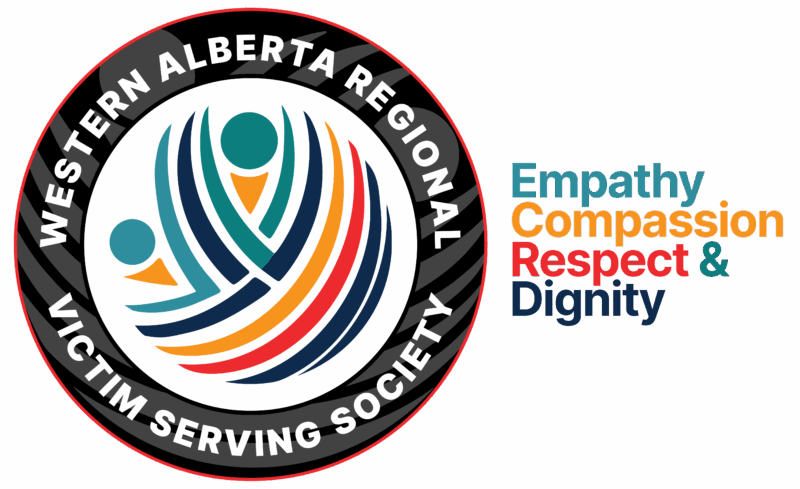If A Crime is Involved
If you have lost someone as a result of a crime, there will be an RCMP investigation.
Dealing with the Justice System
You may have to deal with the RCMP and court system. The RCMP will ask many people questions as part of their investigation. You may have to go to court as a witness if they find the person who they think is responsible for the crime.
There are services to help you, with trained people available to provide information, practical help and emotional support. These Victim Assistance Programs may be based at your local RCMP station, the local Crown Counsel office, or in the community.
Medical Examiners Procedure for investigating a sudden death
Alberta law does not permit a doctor to sign a death certificate if the cause of death is not clear or if the doctor has not attended the person within 14 days prior to death from a natural illness.
In these cases, the Medical Examiner’s Office performs an investigation to determine the identity of the person; the date, time, and place of death; the cause of death and manner of death. The investigators consist of medical examiners (Physicians), with the assistance of medical examiner’s investigators.
Office of the Chief Medical Examiner 780-427-4987
When a death occurs suddenly or cannot be explained, the Office of the Chief Medical Examiner investigates. All such deaths in Alberta are investigated under the authority of the Fatality Inquiries Act. The investigation is held to determine the cause and circumstances of the death. In some cases, a public inquiry is held, and recommendations are made to help prevent similar deaths.
Other information from the Office of the Chief Medical Examiner
Is an autopsy required in an investigation?
When reasonable doubt about the medical cause of death exists, an autopsy may be authorized by the Medical Examiner. Permission of the next of kin is not required.
An autopsy may include complex laboratory tests, so it may be some weeks or months before results are known. In cases where an autopsy is not necessary, an external examination is performed.
What does an investigation into a sudden death cost?
There is no charge for investigations. The Office of the Chief Medical Examiner usually pays Transportation costs unless an emergency vehicle (e.g. ambulance) has been dispatched to attempt lifesaving, rescue or search.
What tissues can be donated after death?
The Comprehensive Tissue Centre coordinates all tissue donations in Alberta. The tissues they accept are eyes, skin, bone, veins, and heart valves. The criteria for donating tissues are broad; most deaths could result in tissue donation.
It is important to make your wishes regarding donation known as early as possible because there are time limits on the recovery of tissue. Generally, tissues must be recovered within 6 to 24 hours after death. Further information is available at transplant.ca or by phoning 780-407- 7510
What happens during an investigation?
The Medical Examiner takes charge of the body, may review past medical history, and may authorize disposal of soiled or damaged clothing. Items are directly related to the death may be retained for the investigation or for a public fatality inquiry. They may also be given to a policy office. Valuables are generally handled by the police.
To assist with investigations outside of Edmonton and Calgary, the local RCMP will work closely with the Medical Examiner’s Office. During the investigation RCMP investigators and/or medical examiner investigators will:
- Attend the scene of death to investigate
- The Medical Examiner takes care of the deceased
- The deceased may not be moved until the investigators have permission from the Medical Examiner’s Office.
- The scene will be secured with access only by permission by the investigators; this is in order to preserve evidence that will assist with the death investigation.
- The scene will be examined for evidence and photographed.
- Items that are directly related to the death may be retained for the investigation.
- Investigators obtain statements from persons who can identify the deceased, those who found the deceased, and those who last spoke to the deceased prior to death.
- Once permission to move the deceased is granted the investigators will make arrangements for the deceased to be moved to the Medical Examiners Office
